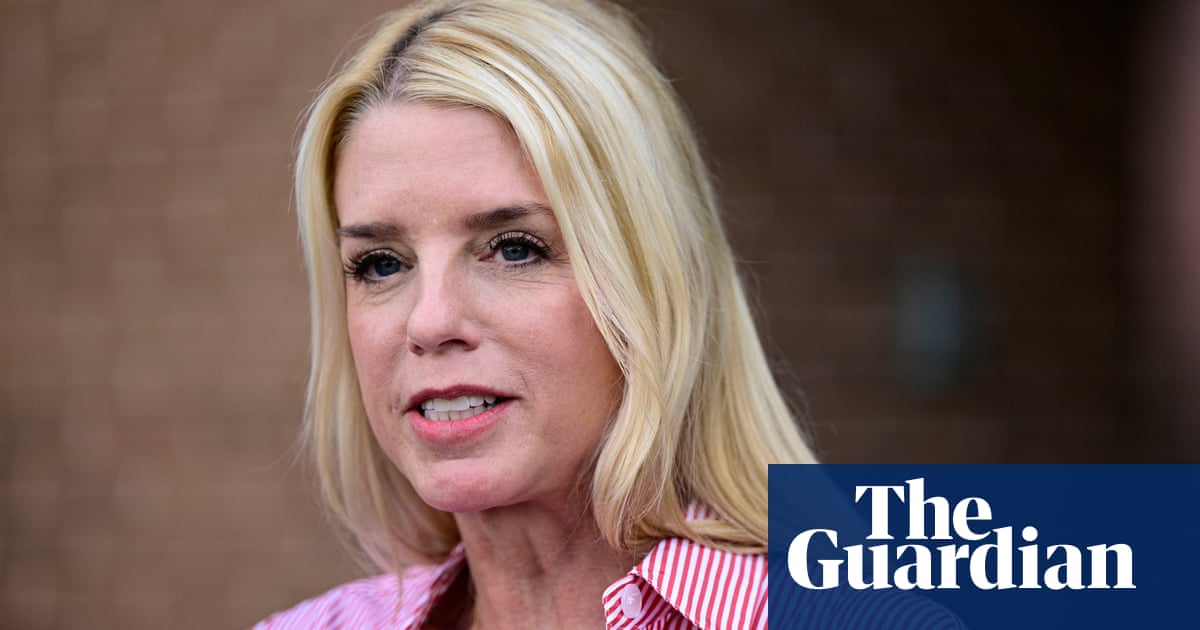Thirty-four seats in the US Senate – one-third of the 100-member chamber – are up for grabs on Tuesday in contests that could influence the makeup of the new administration, impact the balance on the supreme court and shape policy on areas ranging from foreign affairs to abortion.
Democrats are trying to cling to a one-seat majority with the knowledge that the odds appear stacked against them given the impending retirement of the West Virginia senator Joe Manchin and the likelihood that his seat will almost certainly fall to a Republican.
Elsewhere, the party faces uphill struggles, with incumbents trying to hold 23 seats, often in states that have become increasingly pro-GOP as Donald Trump has strengthened his grip over the party.
By contrast, only 11 Republican senators are up for re-election, all in solidly GOP states, thus giving the Democrats much less scope for making gains.
The most vulnerable incumbent Democrat is widely deemed to be the three-term Montana senator Jon Tester, who – if polls are accurate – faces likely defeat at the hands of a Republican challenger, Tim Sheehy, an ex-Navy Seal endorsed by Trump.
A win for Sheehy, whose campaign has faced allegations that he made racist comments about the state’s Indigenous community, could be enough in itself to tip the Senate into Republican hands – unless the Democrats succeed in unseating a GOP incumbent elsewhere.
Tester, however, is not the party’s only point of vulnerability.
Also at risk is Sherrod Brown, whose Ohio seat is rated a toss-up by the Cook Political Report in the face of a challenge from Bernie Moreno, a former car dealer and immigrant from Colombia who has also tied himself to Trump.
About $500m has been ploughed into ad spending, making it the most expensive Senate race in history. Brown has tried to emphasise shared policy goals with Trump – including supporting anti-fentanyl legislation – in a one-time battleground state that the Republican presidential nominee is expected to hold comfortably.
The tactic may just succeed, with recent polls showing Brown, 71, marginally ahead.
Also key are races in Democrats’ three blue wall states of Pennsylvania, Wisconsin and Michigan, the closeness of which mirror the knife-edge presidential contest between Kamala Harris and Donald Trump.
In Pennsylvania, the Democratic incumbent Bob Casey – a senator for 18 years – is seeking a fourth term against a challenge from the Republican Dave McCormick. McCormick, who has funded his own campaign, has sought to tie Casey to the same policies that Trump has attacked Harris for, namely immigration and a past support for a fracking ban.
The race has been designated a toss-up by the Cook Political Report, as has that in Wisconsin between another incumbent Democrat, the two-term senator Tammy Baldwin, and her GOP challenger, Eric Hovde, a wealthy banker and property developer who is another campaign self-funder.
Democrats are also on the defensive in Michigan where Elissa Slotkin, a member of the House of Representatives, is running to fill the seat left vacant by the retirement of a fellow Democrat, Debbie Stabenow. Her Republican opponent is Mike Rogers, a former GOP House member and ex-FBI agent, who was once a critic of Trump but has now received his endorsement.
Another Democratic soft spot is Nevada, where the party’s sitting senator, Jacky Rosen, is in a tight race with Sam Brown, a decorated army veteran who was badly wounded in Afghanistan. Brown has tried to fend off Rosen’s attacks on his abortion stance by saying he would not support a nationwide ban and acknowledging that his wife once underwent the procedure.
In Arizona, Ruben Gallego, a US Marine Corps veteran, is trying to keep a seat in the Democratic camp following the retirement of the independent senator, Kyrsten Sinema, who voted with the party in the chamber. Up against him is Kari Lake, a Trump ally who baselessly claimed that her failed 2022 bid for the state’s governorship had been derailed by Democratic cheating.
Against that promising landscape for Republicans, Democrats have only a small number of potentially winnable GOP-held seats in which to seek upsets.
Chief among them is in Texas, where the outspoken 2016 Republican presidential hopeful, Ted Cruz, is facing a well-funded challenge from Colin Allred, a former American football professional turned civil rights lawyer. Democrats hope Allred can go one step beyond Beto O’Rourke, who fell just short of unseating Cruz in the 2018 Senate race, losing by 2.6% of the vote.
Other hopeful, if less likely, Democratic hunting grounds are; Florida, where the GOP senator Rick Scott is pitted against Debbie Mucarsel-Powell, a former House member; and Nebraska, where the incumbent Republican, Deb Fischer, is being challenged by Dan Osborn, an independent union leader.
Both the Texas and Nebraska races recently saw their pro-GOP strength downgraded to “lean Republican” from “likely Republican” by the Cook Report.

 German (DE)
German (DE)  English (US)
English (US)  Spanish (ES)
Spanish (ES)  French (FR)
French (FR)  Hindi (IN)
Hindi (IN)  Italian (IT)
Italian (IT)  Russian (RU)
Russian (RU)  2 weeks ago
2 weeks ago
























Comments